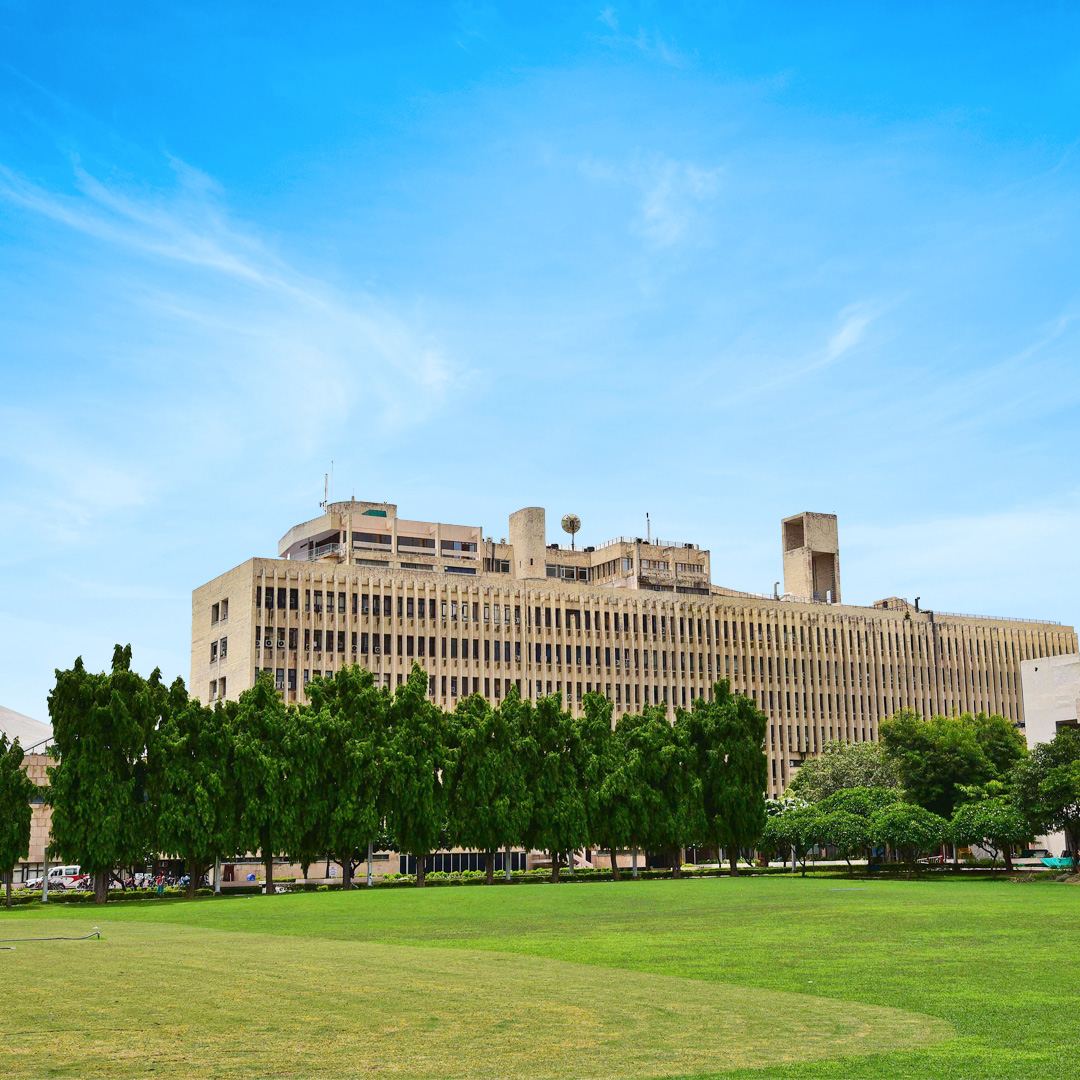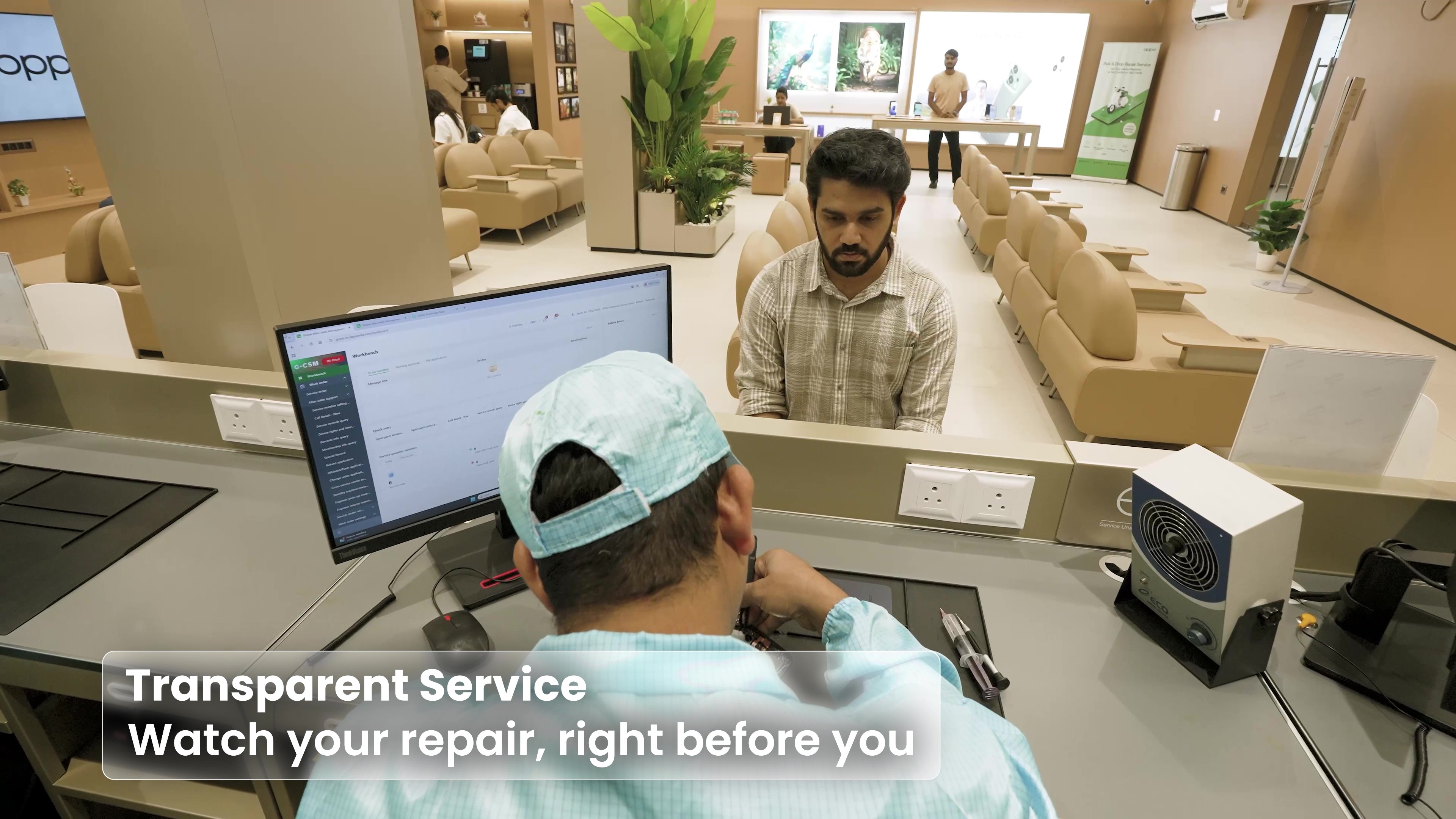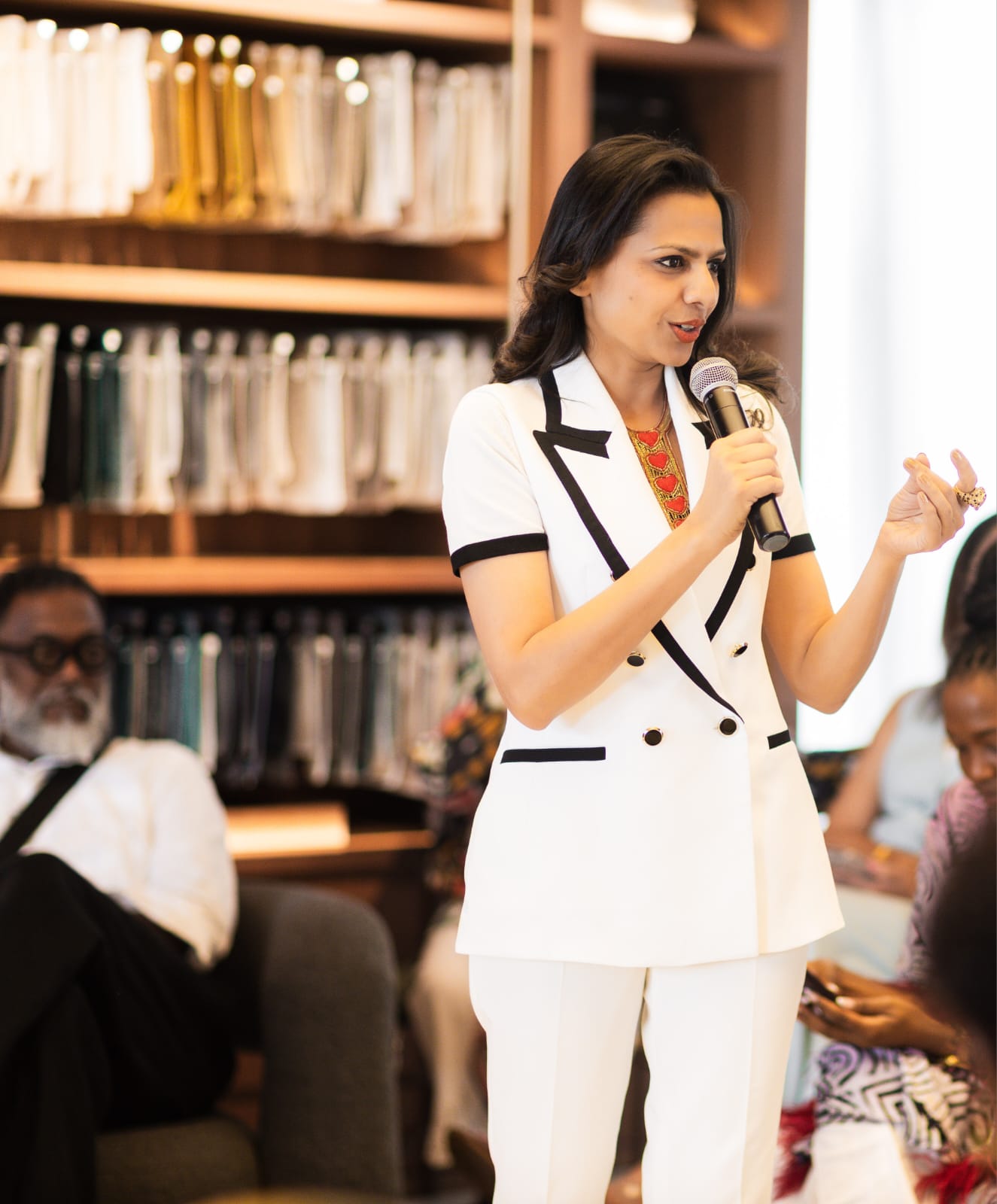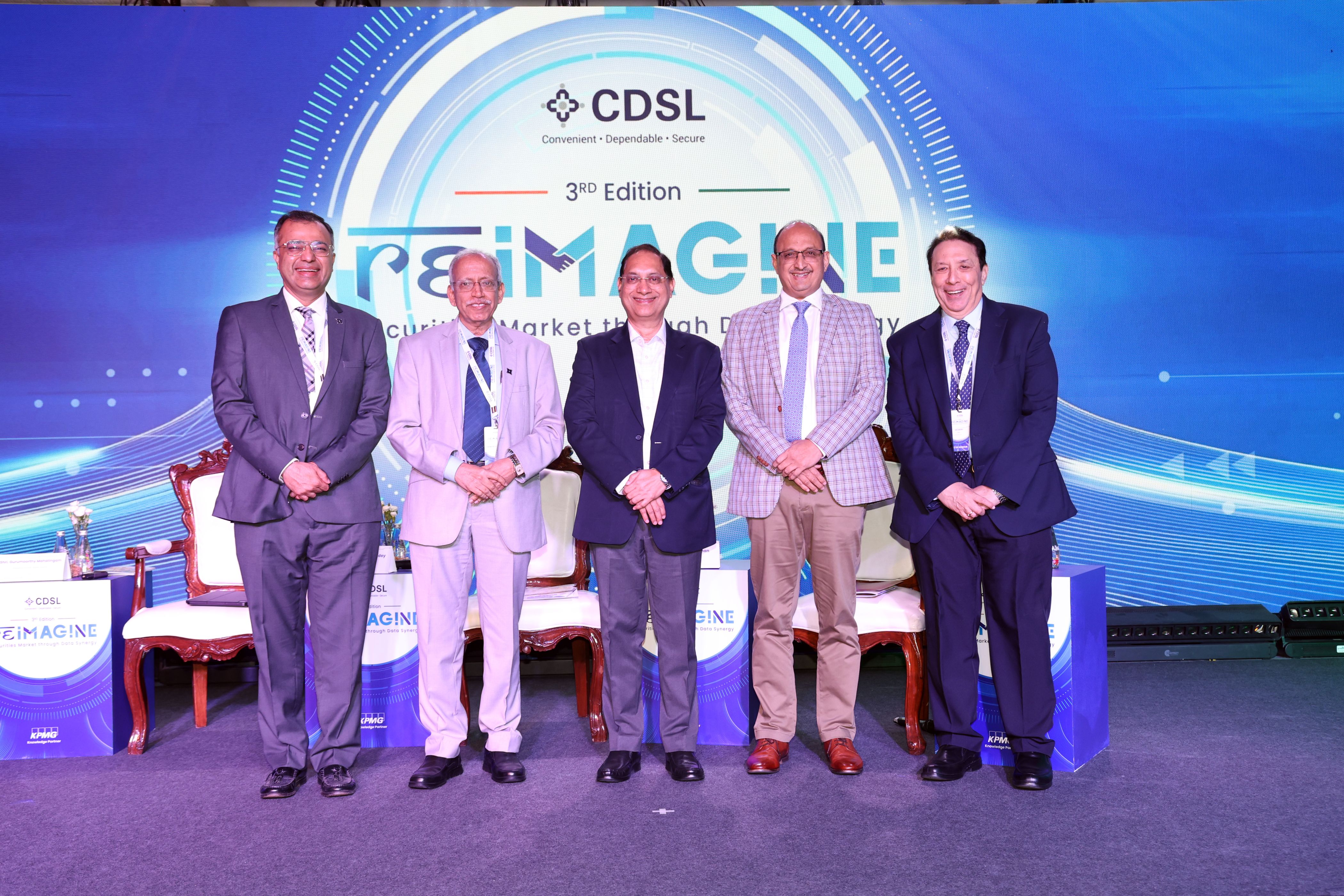Maldives, Feb 11: Atmosphere Core closes 2025 on a high note, earning three major honours at the Layalina Editor’s Choice Awards 2025 for RAAYA by Atmosphere, Atmosphere Kanifushi, and OBLU XPERIENCE Ailafushi. The recognition underscores the group’s ability to deliver clearly differentiated resort experiences for diverse audiences, while maintaining a consistent focus on quality, comfort, and guest satisfaction across its portfolio.
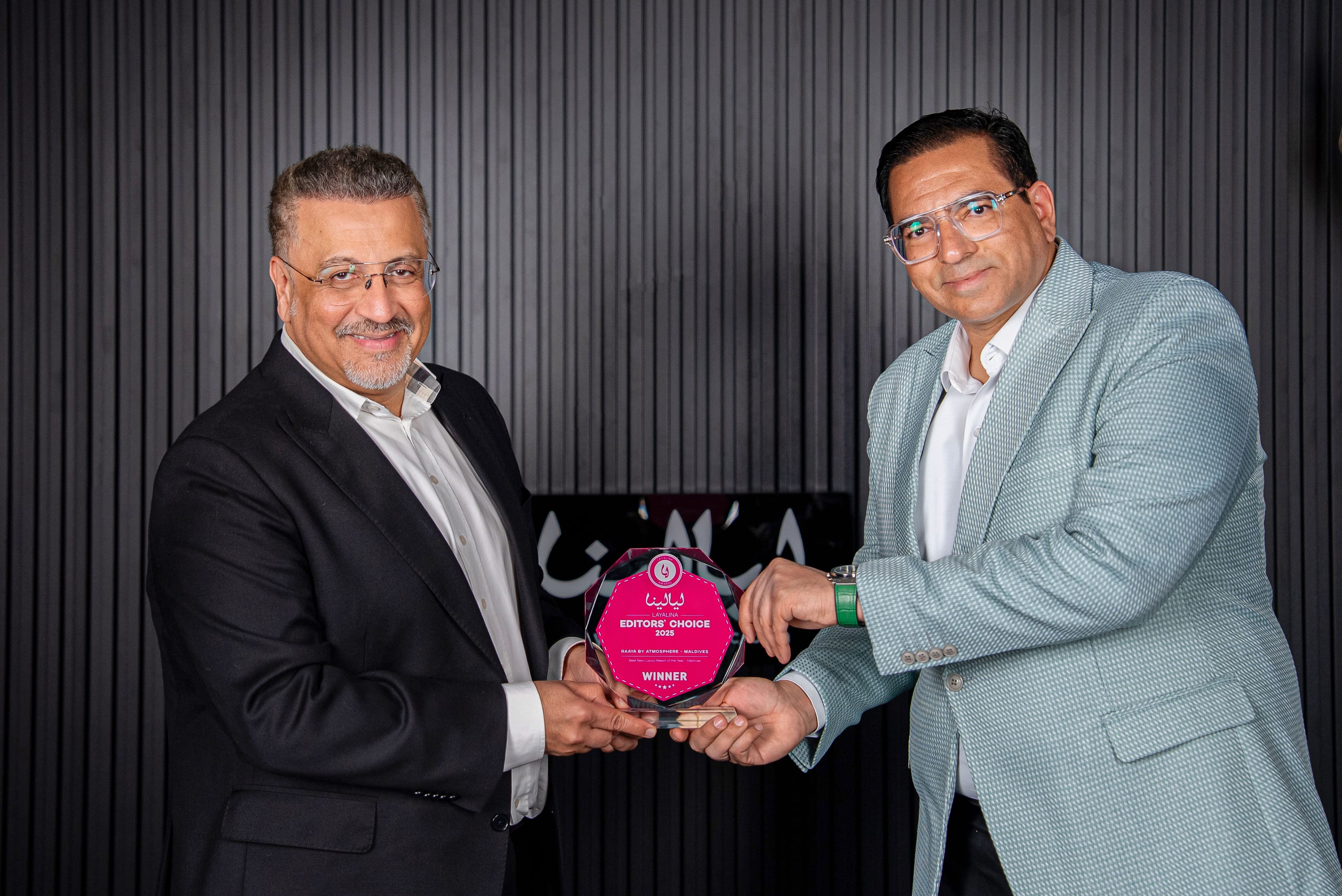
At the awards, RAAYA by Atmosphere was named Best New Luxury Resort of the Year – Maldives, while Atmosphere Kanifushi Maldives received the title of Best All-Inclusive Luxury Resort, and OBLU XPERIENCE Ailafushi was recognised as Most Stylish Resort – Maldives. These awards are based on Layalina’s independent editorial evaluation and key quality benchmarks, celebrating excellence across luxury, all-inclusive hospitality, and lifestyle-driven design. Layalina is a leading Arab lifestyle publication under 7awi Media Group, with strong influence across the GCC and region. Together, these wins highlight Atmosphere Core’s understanding of modern travel expectations, offering experiences that are thoughtful, well-crafted, and effortless to enjoy, whether guests seek tranquillity, variety, or social energy.
Each of the awarded resorts contributes a distinct personality to the portfolio. RAAYA by Atmosphere, located in the Raa Atoll, is characterised by its tranquil setting and castaway-artist concept, inviting guests to slow down, immerse themselves in nature, adventure, and reconnect at their own pace. Atmosphere Kanifushi continues to stand out for its scale and consistency, delivering a generous all-inclusive experience through the Kanifushi Plan™, its expansive villas, and a long, natural island that appeals equally to families and couples. In contrast, OBLU XPERIENCE Ailafushi offers a more energetic island escape, with contemporary design and a vibrant social atmosphere that resonates with travellers who value shared spaces, movement, and modern styling. Together, these accolades reflect a thoughtfully curated portfolio designed to cater to a wide range of travel moods and preferences with equal care and attention.
Commenting on the achievement, Mr. Ashwin Handa, Chief Operating Officer of Atmosphere Core, said:
“We are truly honoured to receive the Layalina Editor’s Choice Awards 2025, recognising RAAYA by Atmosphere as Best New Luxury Resort of the Year, Atmosphere Kanifushi Maldives as Best All-Inclusive Luxury Resort, and OBLU XPERIENCE Ailafushi as Most Stylish Resort. This recognition reflects our thoughtfully curated experiences, rooted in genuine care and a strong sense of product and space. These awards are a testament to the passion and commitment of our teams, as well as the continued trust of our guests. They inspire us to consistently deliver meaningful and distinctive hospitality experiences across the Maldives.”
At the heart of these achievements is Atmosphere Core’s philosophy of the Joy of Giving, where hospitality is shaped by care, generosity, and attention to detail. This ethos shapes destinations that feel deeply connected to their surroundings and inspires bespoke experiences that anticipate guests needs. Each stay is welcoming, effortless, and personal, creating meaningful moments that uplift, restore, and leave a lasting impression beyond the journey.
